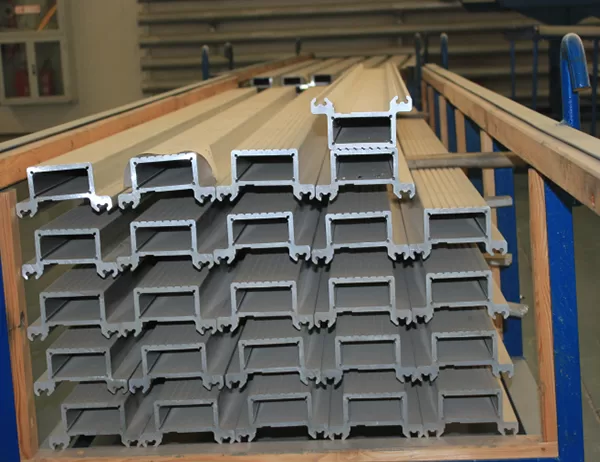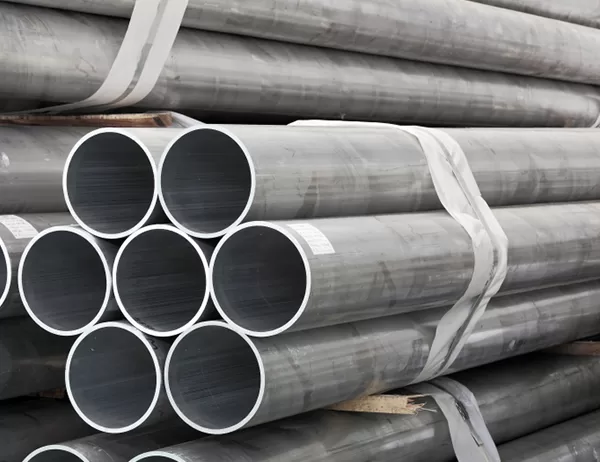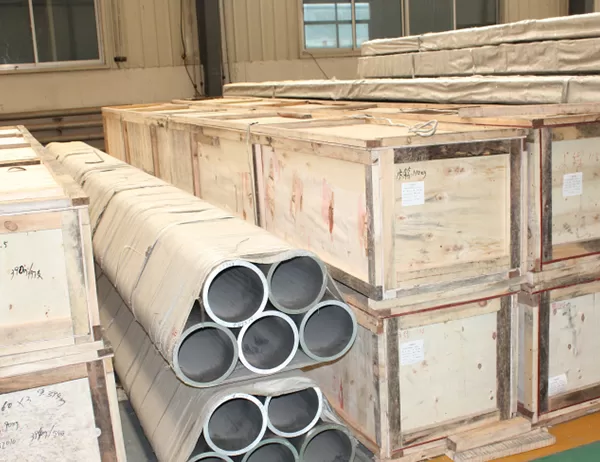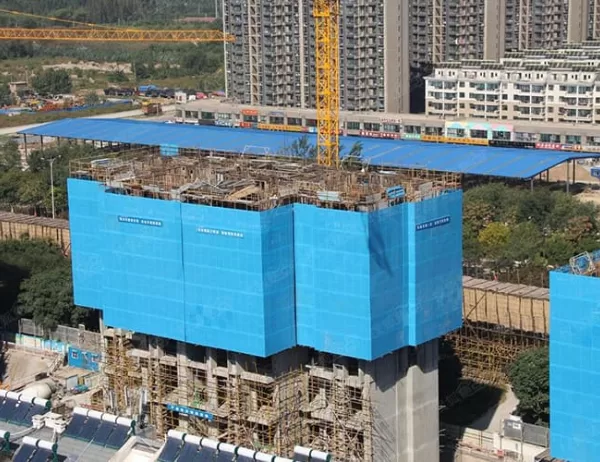Anodizing is an electrochemical process that creates a protective oxide layer on the surface of extruded aluminum pipes. This oxide layer enhances the performance of aluminum pipes in a variety of applications, providing numerous benefits.
Enhanced Corrosion Resistance
One of the primary benefits of anodizing is its ability to significantly improve the corrosion resistance of extruded aluminum pipes. The oxide layer created during the anodizing process provides a barrier that protects the underlying aluminum from exposure to corrosive substances, including moisture, acids, and alkalis. This enhanced corrosion resistance makes anodized aluminum pipes ideal for use in harsh environments, such as marine applications, chemical processing facilities, and food and beverage production.
Improved Hardness and Durability
Anodizing also increases the hardness and durability of extruded aluminum pipes. The oxide layer creates a hard surface that is resistant to wear and abrasion, extending the life of the pipes. This enhanced durability makes anodized aluminum pipes suitable for demanding applications where pipes are subjected to heavy loads, impact, or friction.
Enhanced Electrical Insulation
The oxide layer formed through anodizing also acts as an excellent electrical insulator. This property makes anodized aluminum pipes suitable for use in electrical applications, such as wiring and electrical components. The oxide layer prevents electrical current from passing through the aluminum, reducing the risk of electrical shock, short circuits, and other electrical hazards.
Aesthetic Enhancement
In addition to its functional benefits, anodizing also provides aesthetic enhancements to extruded aluminum pipes. The oxide layer can be dyed in a wide range of colors, allowing for customization to match specific design requirements. Anodized aluminum pipes offer a sleek and modern appearance that can complement a variety of architectural and industrial applications.
Ease of Maintenance
Anodized aluminum pipes are easy to maintain, requiring minimal cleaning and upkeep. The oxide layer is non-porous and resistant to staining, making it difficult for dirt and grime to adhere to the surface. Anodized aluminum pipes can be cleaned using mild detergents and water, ensuring they maintain their appearance and performance over time.
Conclusion
Anodizing extruded aluminum pipes offers a range of benefits that make them an excellent choice for various applications. From enhanced corrosion resistance and improved hardness to superior electrical insulation and aesthetic appeal, anodized aluminum pipes provide a combination of performance, durability, and versatility that is unmatched by other materials. Whether used in harsh environments, demanding applications, or electrical components, anodized aluminum pipes deliver exceptional performance and long-lasting value.




